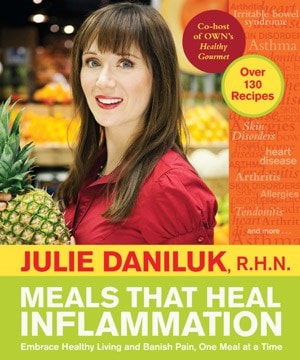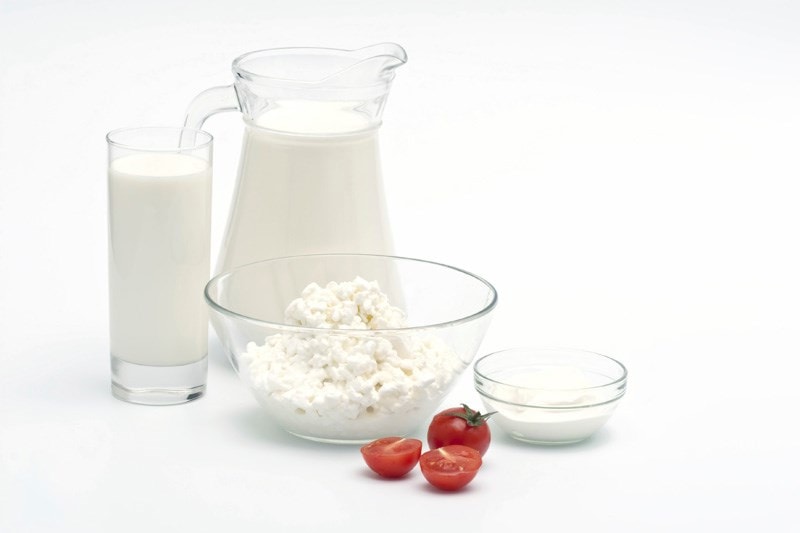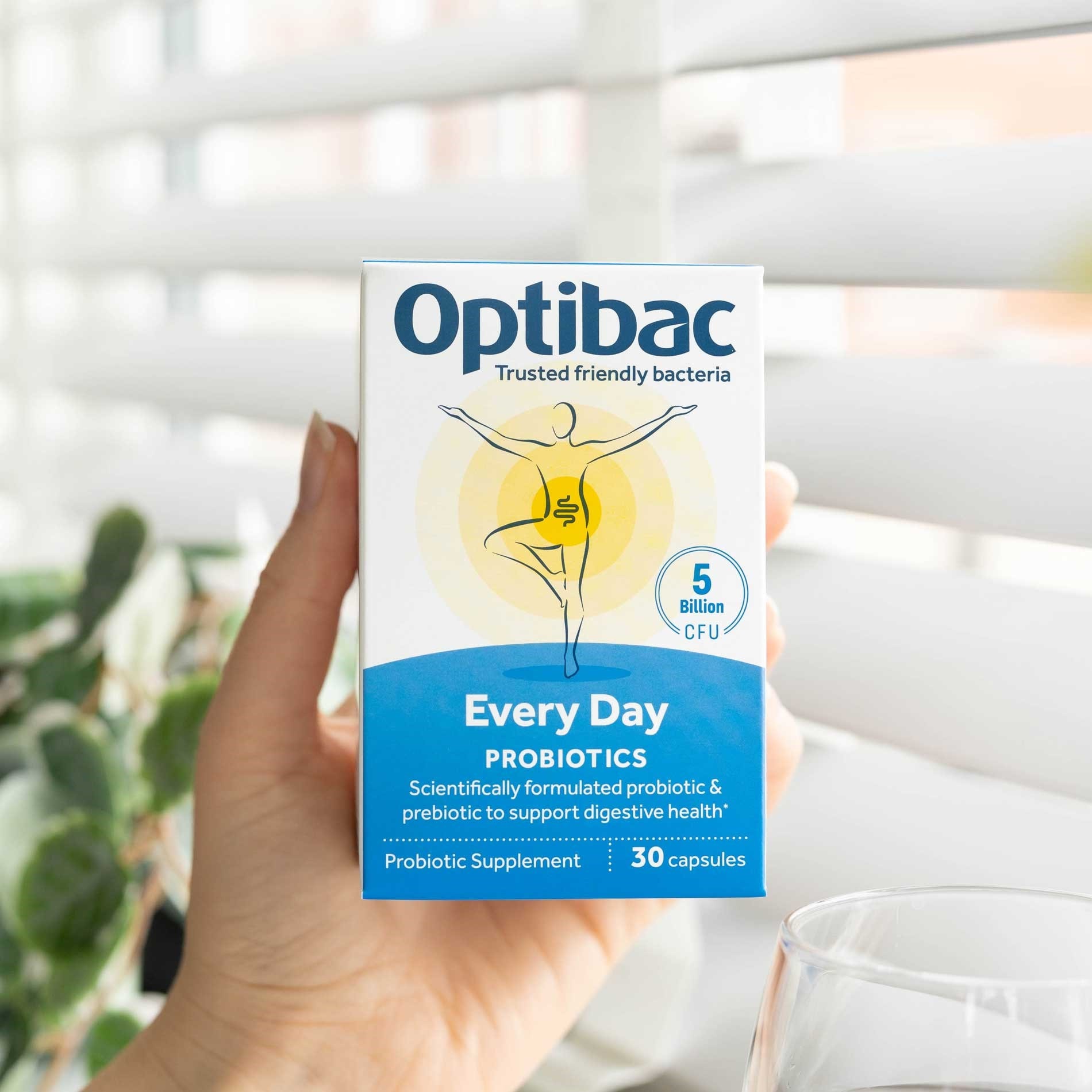You're away from FREE US delivery Free US delivery (applied at checkout) on orders over $60.00
You have qualified for Free US delivery
Press & Awards
Optibac mentioned in new nutrition book
A new book entitled ‘Meals that Heal Inflammation’, written by Canadian nutritionist Julie Daniluk looks at the process of inflammation, and how it plays a part in most common health complaints. Most of us are aware that conditions with a name ending in –itis, have an inflammatory component, but Daniluk looks beyond this and theorises that even conditions such as asthma, allergies, heart conditions and even cancer, have their roots in inflammation.

Inflammation is an immune response to one of several things, either: infection, allergy, injury or toxic over-load. When held in check, inflammation is a necessary response to a physiological challenge, and a vital part of healing, however with degenerative diseases on the increase, Daniluk looks at the link between digestive health and chronic, long-term inflammation.
The book looks at the implications of increased intestinal permeability, toxicity and dysbiosis on our immune function, and reveals the foods we need to avoid, and the foods we need to consume in order to soothe our digestive tract and quell inflammation.
The book gives an in-depth nutritional strategy for healing the body, which involves eliminating all sugar and refined carbohydrates, processed foods and damaged or hydrogenated fats. Identifying any problematic foods that cause a flare up in digestive symptoms or food sensitivities, and eliminating these. The focus is then on consuming healing foods such as a wide range of different coloured vegetables, sprouted grains, seeds and nuts, virgin cold-pressed seed oils, cultured foods such as kefir, and organic lean cuts of meat (for the meat-eaters).

The nutritional strategy is comprehensive, and well researched, but most importantly it advocates slightly different strategies for different ‘types’. There are suggested meals for both vegans, and omnivores, and Daniluk recognises that certain people do well on a plant-based diet, whereas others may need a bit more animal protein.
The recipes all look very tasty, and don’t require hours in the kitchen either, so they get a big thumbs up from us! I made the ‘Raw Pad Thai’ featured on page 305, and have to say that it was both delicious and satisfying!
As a vital part of digestive health, the book also covers the importance of probiotics and the work they do in our gut. The author mentions the fact that not all strains are created equal, and recognises the importance of selecting the best strain for the individual requirements. A message very close to our own hearts!
We are delighted that Optibac is mentioned in the ‘Resources’ pages at the end of the book. We are getting more and more recognition within the UK and abroad, for our extensive research and clinically trialled products, and we are always delighted when our efforts are rewarded with a written mention like this.
For those of you who are looking to reduce inflammation, or improve your digestive health then this book could be a very helpful reference tool.
Popular Articles
View all blogs-
Lifestyle17 Dec 2024
-
About Probiotics04 Oct 2024
-
About Probiotics04 Oct 2024


